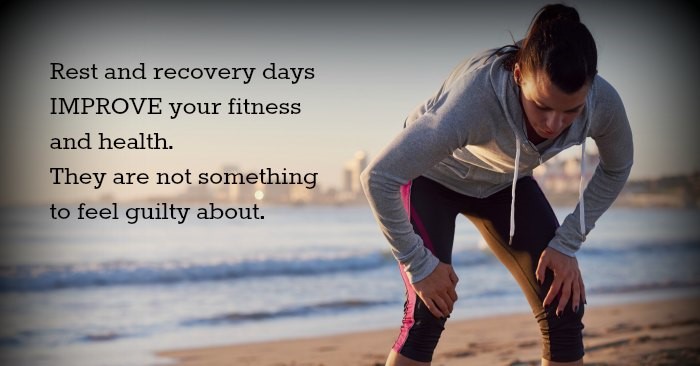Your season just finished, the last race is done and dusted. All the hard training is over and the race is too! Phew. You are feeling enthusiastic and charged to make next year a better year. Or maybe you are over it. Done. Burnt out and exhausted. Either way, what you do in your off season and pre season matters as does setting yourself up with a training plan for next year.
I often get asked how to train or how to make a training plan. So I’m going to share with you how I make a season plan, starting with the end of the season. Here are a couple important things I’ve learned about how to have a successful paddling off-season.
Rest and recover by listening to your body. If you have been training and racing hard and are basically in good shape, then you have about two weeks of doing nothing before you will start to lose your fitness and muscle mass. Take that time to enjoy life in all the ways you were missing during the season. Spend loads of time with your (non paddling) friends. Take a complete and solid break for one to two weeks. You will feel amazing.
Once you have done that, it’s time to do something different. Go hiking, biking, running, roller blading, and swimming, anything but paddling. Do something you’ve neglected that you used to enjoy. What is something you have always wanted to try, but never have time for it? What is something you used to love doing but haven’t done for ages?
Outrigger is a power-to-weight ratio sport, so your ability to move your body weight plus the canoe weight in the ocean is so important. Over time as we age, we lose muscle mass. So it is incredibly important to maintain a strength training routine. This is especially important for women as our hormonal changes are working against us here. Hiring a strength and conditioning expert is the best way to get started if strength training is new to you.
Heal your injuries. That nagging shoulder pain? You might forget about it during your break, but it won’t go away on it’s own. You need to break up any scar tissue, mobilize any parts that have frozen and strength muscles that may have become weak. Get help from someone who has had a similar injury and successfully rehabbed it or from a qualified person. Try a masseuse, physical therapist, chiropractor, personal trainer, osteopath, or acupuncturist. Work with someone who understands being an athlete and preferably is a paddler!
Once you are rested and recovered and excited to start training again (don’t underestimate the part about being EXCITED to train again) it’s time to start.
Here are three quick tips to help you get ready for outrigger canoe training.
- Decide on a goal. Pick something that you are excited to do!
- Determine what that goal involves – is it a race? Then what is the distance, and what are the typical wind and wave conditions?
- Make a training plan that includes areas that you need to improve on in order to achieve your goal. This might be ocean skills, technique, strength, stamina or endurance.
The photo here is my own OC1 training pyramid to help get you started. This is a simplified version of a 24-week training plan with four-week cycles (three weeks building and one week recovery). If you would like help with your training, you can read about my individualized training program here. You can also use my General Enquiry form here to send me questions, I will gladly answer them.


